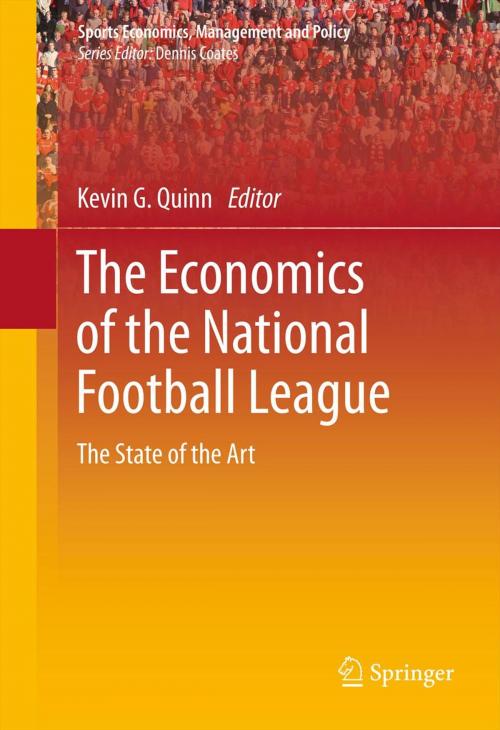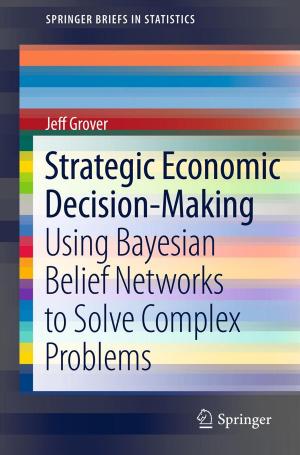The Economics of the National Football League
The State of the Art
Business & Finance, Career Planning & Job Hunting, Labor, Management & Leadership, Management| Author: | ISBN: | 9781441962904 | |
| Publisher: | Springer New York | Publication: | December 18, 2011 |
| Imprint: | Springer | Language: | English |
| Author: | |
| ISBN: | 9781441962904 |
| Publisher: | Springer New York |
| Publication: | December 18, 2011 |
| Imprint: | Springer |
| Language: | English |
This book lays down a marker as to the state of economists’ understanding of the National Football League (NFL) by assembling sophisticated, critical surveys of by leading sports economists on major topics associated with the league. The book is divided into four parts. The first three chapters in Part I provide an overview of the business of the NFL from an economist’s perspective. Part II is a collection of surveys of the economics of the NFL’s most important revenue streams, including media, attendance, and merchandising. The NFL’s labor economics is the focus of Part III, with chapters on player and coach labor markets, the draft, and contract structure. Part IV includes essays on competitive balance, gambling, economic impacts of the Super Bowl, behavioral economic issues associated with the league, and antitrust issues. This book will appeal to sports economists, sports management professionals, and policy-makers, and would be useful as a supplementary text for sports economics and management courses as well as a reference text.
This book lays down a marker as to the state of economists’ understanding of the National Football League (NFL) by assembling sophisticated, critical surveys of by leading sports economists on major topics associated with the league. The book is divided into four parts. The first three chapters in Part I provide an overview of the business of the NFL from an economist’s perspective. Part II is a collection of surveys of the economics of the NFL’s most important revenue streams, including media, attendance, and merchandising. The NFL’s labor economics is the focus of Part III, with chapters on player and coach labor markets, the draft, and contract structure. Part IV includes essays on competitive balance, gambling, economic impacts of the Super Bowl, behavioral economic issues associated with the league, and antitrust issues. This book will appeal to sports economists, sports management professionals, and policy-makers, and would be useful as a supplementary text for sports economics and management courses as well as a reference text.















